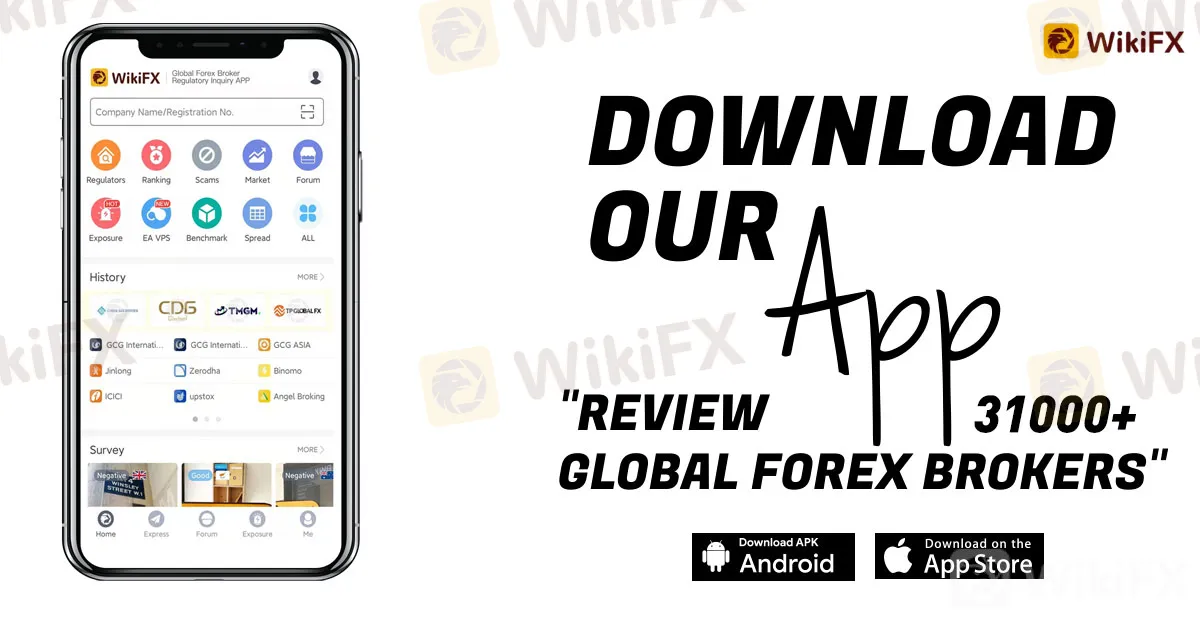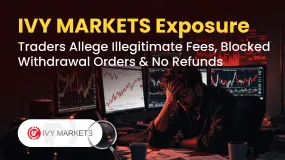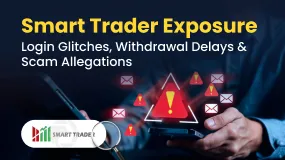Abstract:A Massachusetts court ruled in favor of Robinhood on Wednesday as the brokerage platform went to court against an enforcement action of Massachusetts Secretary of State, Bill Galvin, who accused the broker of encouraging inexperienced traders to place risky trades.

The state‘s regulator wanted to revoke Robinhood’s state license.
The Judge found that state laws conflict with federal regulations.
Galvin moved against Robinhood in December 2020, alleging that the commission-free broker treated trading as a game and implemented strategies to lure young and inexperienced traders.
He even mentioned Roinhoods use of confetti to rain down on the phone screen after the execution of each trade.
Galvin argued that Robinhood violated its fiduciary duty as the state of Massachusetts raised its investment-advisory standard in early 2020. He asked to revoke the broker-dealer license in the state.
However, the state rule superseded a federal regulation adopted by the Securities and Exchange Commission (SEC) in 2019 that requires broker-dealers to have a fiduciary obligation to provide investment services with only the interest of customers in mind.
Conflicted Rules
Bostons Suffolk County Superior Court Judge Michael Ricciuti ruled that the federal rule overrode the state requirement. Moreover, he wrote that Galvin went beyond his authority to implement a regulation that conflicted with federal law.
“[Galvin has] consistently mischaracterized and disparaged Robinhoods platform and customers without any legal basis,” Robinhood's Chief Legal Officer, Dan Gallagher said in a statement.
However, the court ruling impacts only a part of Galvins administrative action against the commission-free broker. He can still pursue the claims that the broker adopted unethical practices and even failed to adequately supervise employees.
In addition, Galvin can appeal the Massachusetts court ruling.
Furthermore, Robinhood had its bouts with other federal regulators in the United States and paid tens of millions of dollars in fines for violations. Most recently, the broker settled with Vermonts financial regulator, paying $640,000 for outages and account supervision issues.










